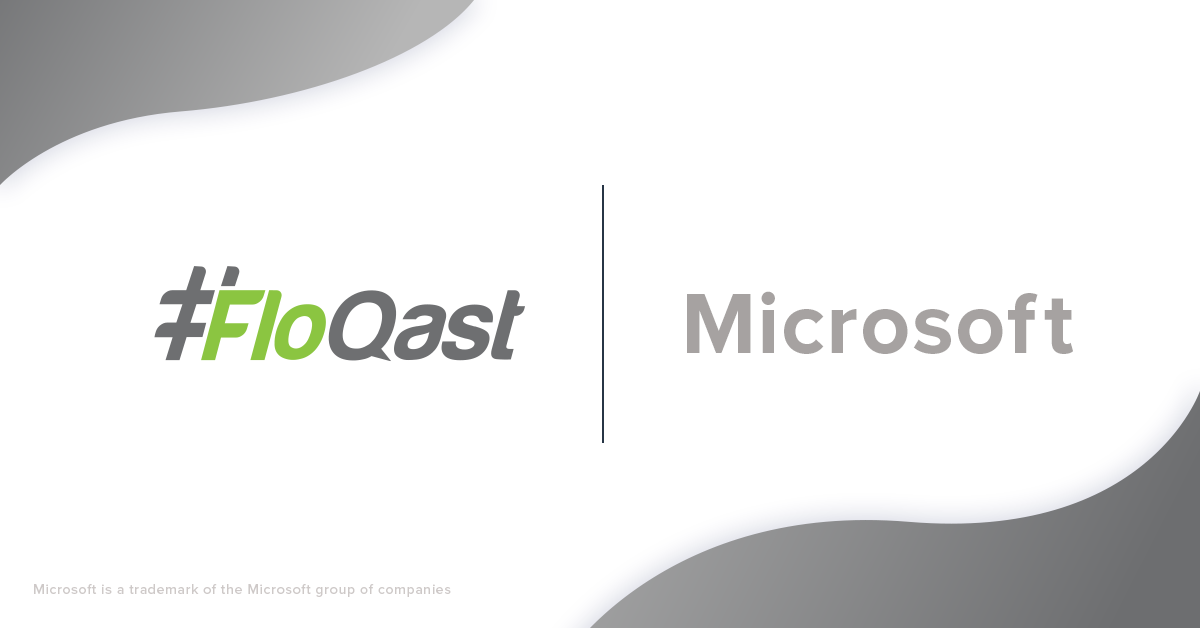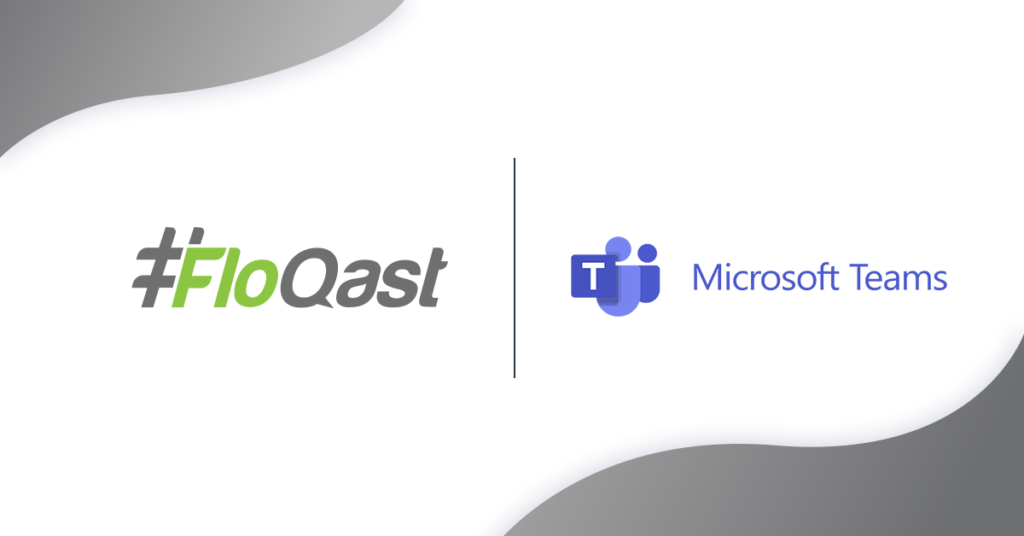
Blog - Microsoft, Microsoft Excel, Microsoft Teams




Closing in ERPs
Optimize Your Microsoft Investment and Accelerate Digital Transformation With Accounting Workflow Automation
What makes Microsoft’s Environment for Finance and Accounting so appealing to Accounting and Finance teams is its seamless integrations with widely-used, best-in-class productivity tools.
For teams already utilizing Microsoft 365, investing in a Microsoft enterprise resource planning (ERP) solution makes a lot of sense. While combining a Microsoft ERP with tools like OneDrive, Outlook, Teams, and Excel offers teams improvements to day-to-day operations, many controllers lack transparency into how processes are being completed and, as a result, aren’t able to quickly introduce new best practices.
According to a recent report published by FloQast and the University of Georgia, 57% of participants stated that the monthly and yearly Close are in desperate need of modernization. As we discussed last time, implementing and utilizing a Microsoft ERP to its fullest is a great start. Still, an ERP alone — even when used with the tools that accountants rely on: Microsoft 365 — won’t be able to provide the efficiency gains controllers need. While concrete solutions are still being developed, the report identified three critical areas to modernize fundamental processes like the Financial Close:
- Introducing an integrated solution.
- Implementing better training processes for existing tools.
- Reducing the overall number of tools used.
Let’s look at how integrating Microsoft’s Environment for Finance and Accounting, Microsoft 365, and solutions available in the Microsoft ecosystem can positively impact accounting operations.
FloQast for Microsoft ERP Environments
As noted in my last post, identifying areas for improvement, researching solutions, and integrating them into the tech stack is a significant component of the accounting team’s ability to function at a high level. However, these resources need to seamlessly integrate with the Microsoft suite of tools already in place.
FloQast offers Finance and Accounting teams seamless workflow integration with their Microsoft system landscape, from the range of on-premise Dynamics solutions, cloud-based Dynamics 365 ERP, and other Microsoft applications like OneDrive, Outlook, Teams, and Excel. FloQast and Microsoft combine to provide a better way for accountants to work in today’s ever-changing economic environment with a range of pre-built integrations that leverage the Microsoft suite of solutions. With the Microsoft foundation in place, a FloQast integration allows accounting teams to close faster, increase accuracy, lower audit risk, and mitigate burnout.
But…how?
FloQast integrates with your Microsoft Dynamics ERP so accountants can leverage ERP transactional data for more automated reconciliations, tie-outs, and adjustments. This provides:
- Automatically updated balance sheet reconciliations with the latest general ledger balances.
- Automated alerts when accounts go out of balance after a signoff, assuring prompt review.
- Automatically updated ledger data so the team is working with the most up-to-date information from the ERP.
- Automated completeness checks and alerts to easily detect new accounts added or accounts not yet reconciled
- The ability to automate trial balance tie-outs with real-time updates from both the ERP and Excel-based reconciliations. FloQast Connect and OneDrive pull in the latest data from both ERP & Excel and identify which accounts changed.
Microsoft Excel: An Accountant’s Accountant’s Best Friend
If we were playing word association, there’s a good chance that when “Accountant,” comes up, the response would be “Spreadsheet.” Of course, the industry standard is Microsoft Excel, something that most of us used long before majoring in accounting.
Excel is the bedrock for pretty much everything we do. Heck, we even started writing PBC in an Excel spreadsheet because we love Excel that much. With the FloQast Accounting Operations Platform, Excel coexists with FloQast’s Advanced Workflow Solutions, allowing controllers and their teams to use Excel as they see fit.
No “I” in Team
FloQast’s integration with Microsoft Teams allows accountants to respond to review notes, request status updates, and even sign off on their tasks directly within Teams. Being the only accounting workflow automation platform to provide a bi-directional integration with Teams, FloQast knows how crucial this capability is for accounting teams working remotely and yet still require effective collaboration across peers and other departments.
As we all probably know, accounting teams need to coordinate checks and balances and document the segregation of responsibilities between different parts of the team. FloQast captures these conversations as crucial supporting evidence for the audit and becomes a part of the conversation with push notifications to Outlook and Teams on tasks due and material out-of-balance conditions.
One Source of Truth
Version control is a significant challenge. Far too often, copies of trial balances or reconciliations pop up, and that moment of panic when you think you’re working in the wrong version is quite literally the stuff of nightmares.
With FloQast and MS OneDrive your MS ERP environment becomes the system of record crucial for accounting operations. Make digging across your internal shared drive for the right workbook or supporting document a thing of the past.
Optimize Your Microsoft Investment and Accelerate Accounting Operational Excellence
Given the investment in implementing an ERP, surrounding it with the right resources to make it most effective is critical to the initiative’s success.
With a Microsoft ERP, Microsoft 365’s suite of tools, and FloQast accounting workflow automation, accounting teams can:
- Deliver greater transparency for better decision making
- Automate mundane, highly-manual tasks
- Ensure optimal collaboration regardless of location
- Reduce audit burden
FloQast has helped hundreds of customers optimize their investment in Microsoft’s Environment for Finance and Accounting operations. Using FloQast, they have reduced manual data manipulation and automated the Financial Close, increased their ability to collaborate on the range of tasks that require cross-team coordination, possess real-time visibility into the status of the Close, and now have centralized controls and documentation to drive a virtual audit.


